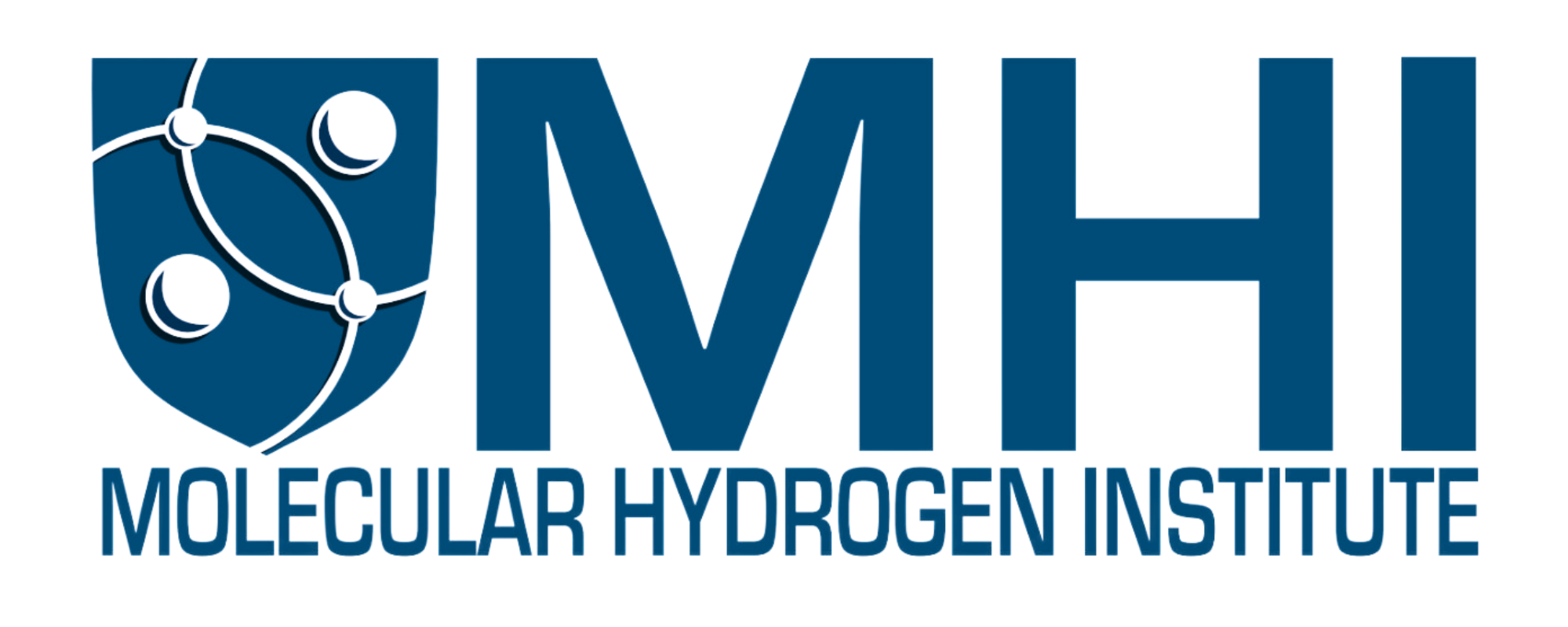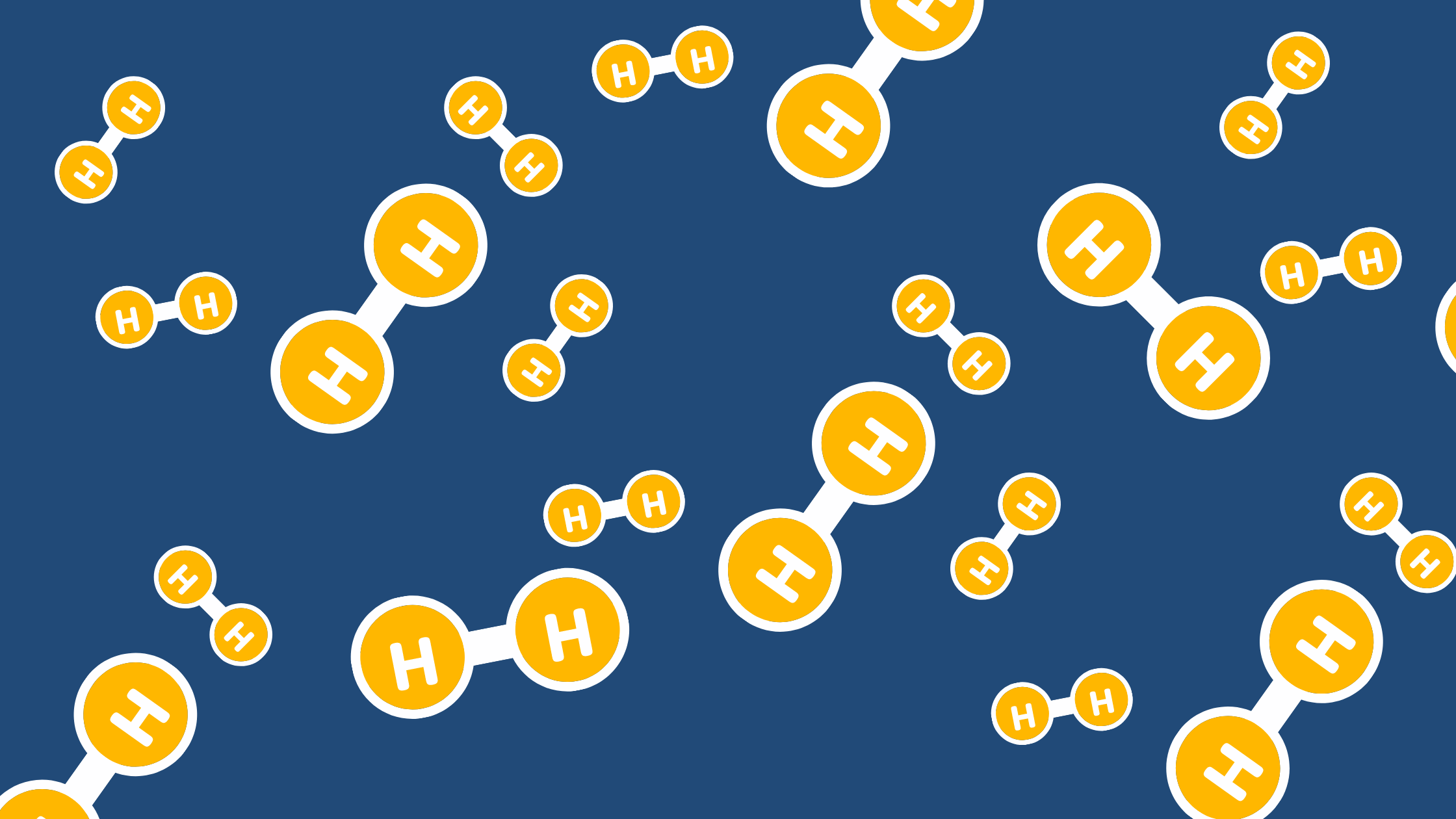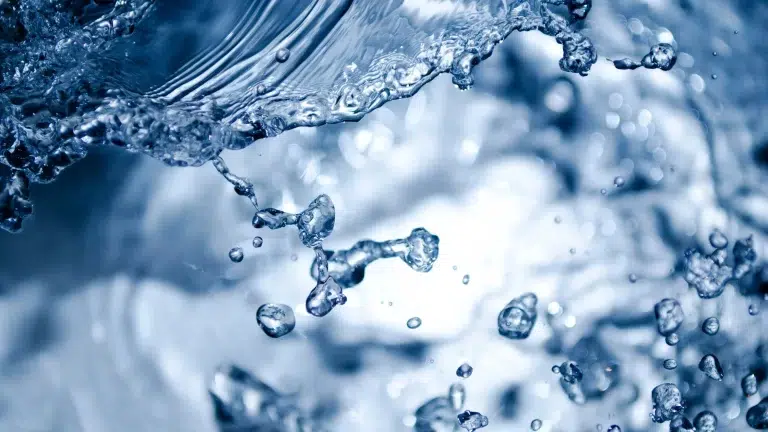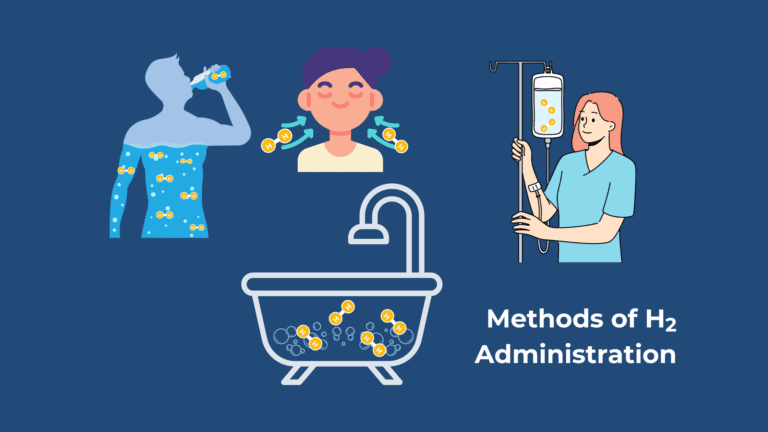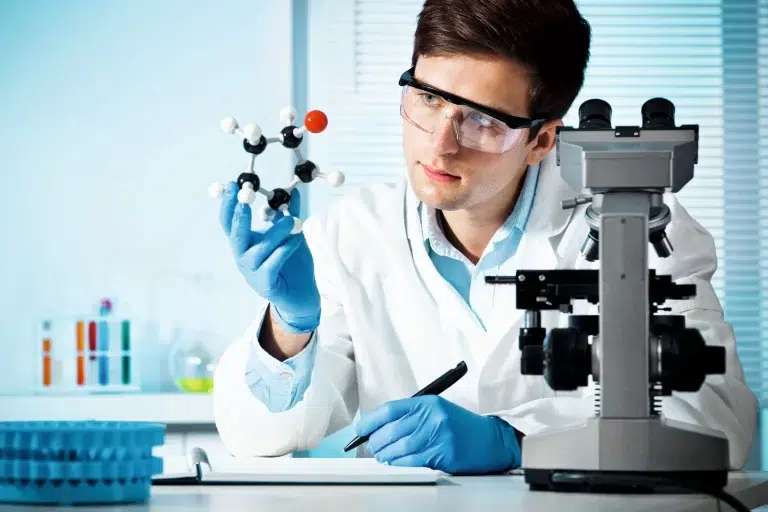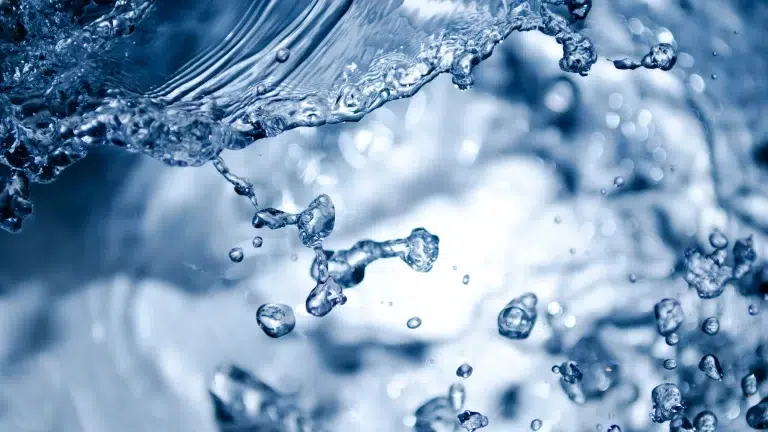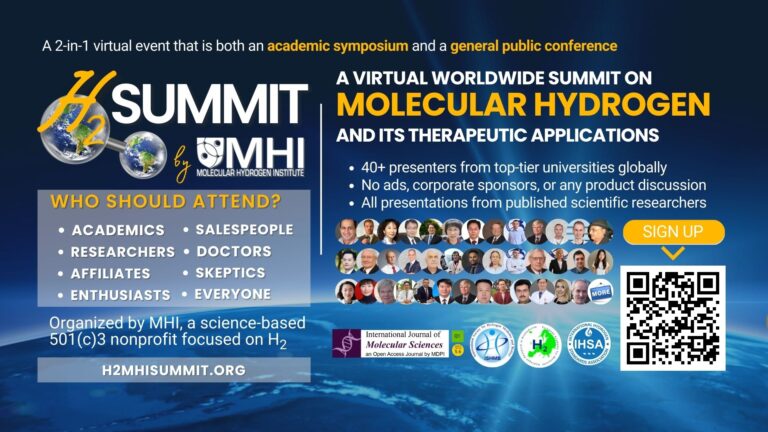What is Molecular Hydrogen?
Molecular hydrogen is a gas. It is made of two hydrogen atoms. These atoms are bonded together with a nonpolar covalent bond, which means it is very stable. Hydrogen gas, in concentrations between about 5% and 78%, is highly explosive. However, the atmosphere contains only very small amounts of molecular hydrogen, only about 0.00005%. In comparison, the atmosphere contains about 21% oxygen gas and 75% nitrogen gas. Additionally, when hydrogen gas is dissolved in water, it is not explosive, similar to gunpowder being dissolved in water. It cannot explode in that environment.
Read more: Hydrogen: Alternative Fuel to Alternative Medicine and Dummies Guide to Hydrogen
What is Molecular Hydrogen Therapy?
Molecular hydrogen therapy is the administration of molecular hydrogen. There are four common methods of administration: inhalation, H2-rich water, H2-rich saline injection, and bathing in hydrogen water. Many people are becoming aware of molecular hydrogen’s therapeutic properties including doctors, salespeople, and consumers.
Read here about Hydrogen: An Emerging Medical Gas
Read here about Is Molecular Hydrogen Safe? (Short answer: Yes)
What role does MHI play in the field of Molecular Hydrogen Therapy?
Molecular hydrogen therapy has gained a lot of traction and attention in recent years. In 2007, Nature Medicine published an article written by Dr. Ohta (MHI Advisor) on molecular hydrogen indicating it may have selective antioxidant properties. This was the beginning of it all. Many scientists, including Dr. LeBaron (MHI Founder), began studying this exciting molecule, hopeful of its findings. While we still don’t know the exact dosage, concentration, or efficacy, molecular hydrogen therapy is becoming a popular practice in many health and wellness communities.
MHI is dedicated to educating on molecular hydrogen’s therapeutic potential as well as advancing research and spreading awareness. Due to the vast amount of misinformation regarding molecular hydrogen therapy, we have developed courses that build upon each other to help consumers and salespeople better understand the science behind the molecule.
Check out Level 1 Certification Courses.
Read here how your support furthers the MHI mission.
Also read Why do we have to recertify?
How to get started with molecular hydrogen?
Choosing a product that best fits your needs can be a challenging experience. We get asked often what product people should buy. MHI does not promote, support, or endorse specific products or brands. Our mission is focused on education, spreading awareness, and advancing research. You can read more about why we don’t promote products here.
When choosing a product, it is important to ensure it meets IHSA criteria. You are encouraged to check with the certifying body to ensure that the companies that claim they have the certification actually do have the certification and are still valid. Beware of companies that claim that they are the only one that has the certification.
If purchasing from a sales representative, by checking if they are MHI certified, you can increase the likelihood that it is a great product. If you are a sales representative who wants to get certified, you can learn about our Level 1 Certification Courses here.
Read here about the Benefits of the MHI Certifications
Read here about choosing products and why we don’t recommend products
Read How to Administer Molecular Hydrogen
Frequently Asked Questions
We are asked several questions daily. We do our best to field questions via email and social media, but it takes a lot of bandwidth and we often can’t get back to people the same day. (Usually it’s around a week). If you have a question, feel free to contact us knowing it will take us several business days to reply. Before you send us a message, please read the frequently asked questions.
Read about the frequently asked questions here.
Conclusion
This molecule (H2 gas) is the smallest in the universe! It may have been the very first molecule to have ever existed! While we are still learning much about the potential therapeutic effects of hydrogen gas, there is a lot we already know. There are over 2000 scientific studies on molecular hydrogen and this number continues to grow.
There is a lot of misinformation regarding this subject. It is important while studying molecular hydrogen therapy and molecular hydrogen, that you go to sources that are backed by scientific evidence. This will prevent you from being tricked or scammed into a product or therapy that is ineffective.
Read here about the chemistry of water and hydrogen gas
